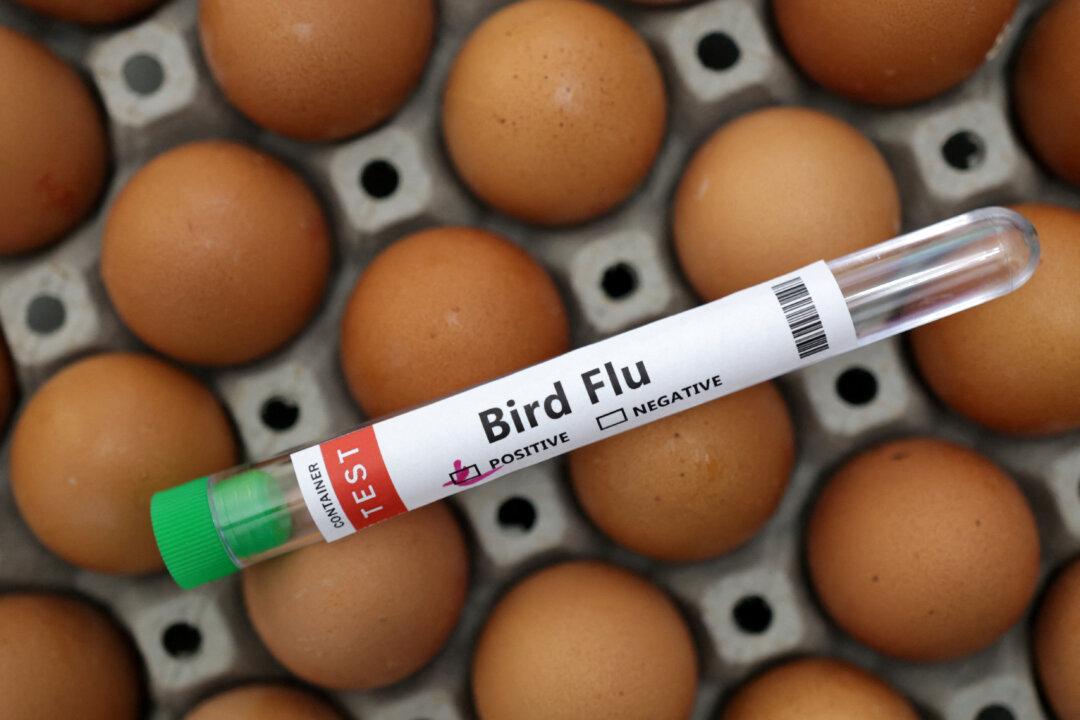Bird flu has been detected at a farm in the Hawkesbury district of New South Wales (NSW), near Sydney.
This comes after seven farms in Victoria were infected with avian flu during the months of May and June.

Bird flu has been detected at a farm in the Hawkesbury district of New South Wales (NSW), near Sydney.
This comes after seven farms in Victoria were infected with avian flu during the months of May and June.